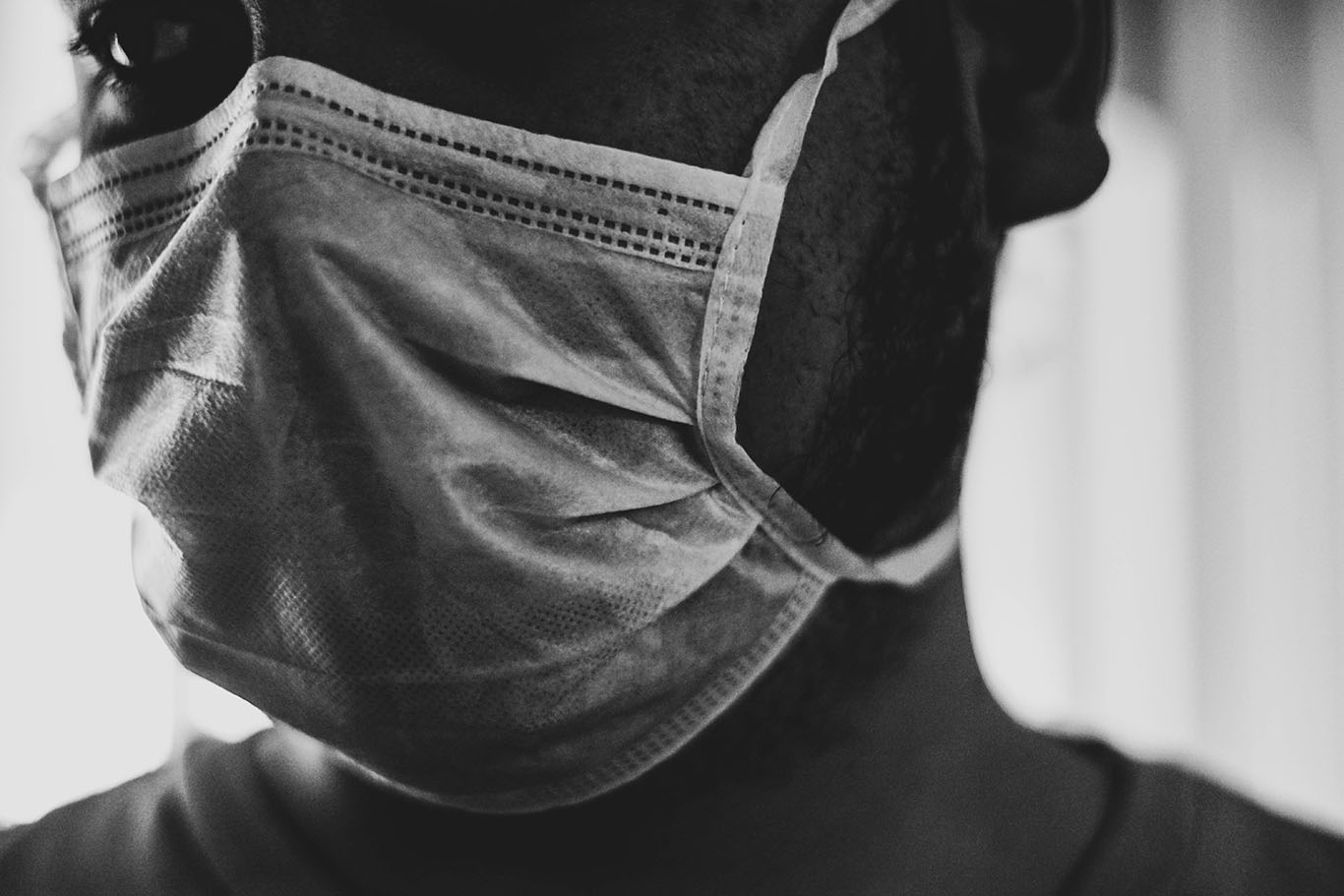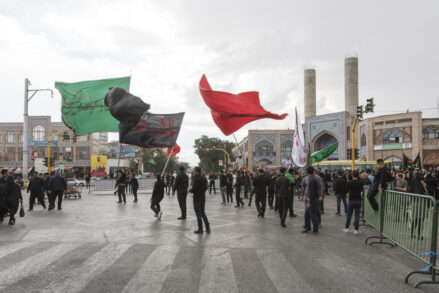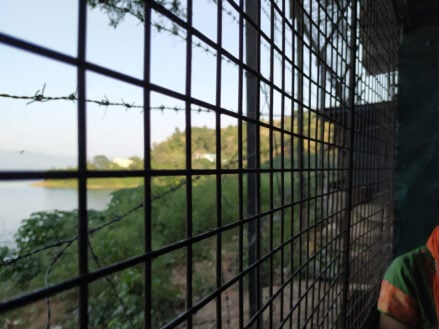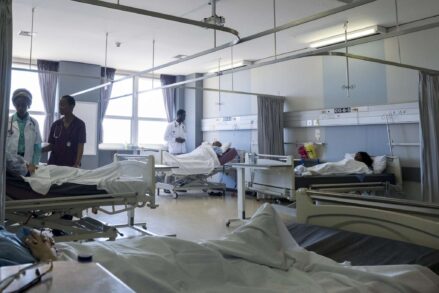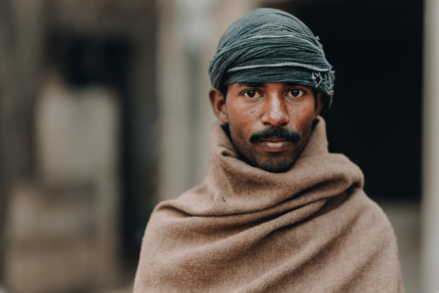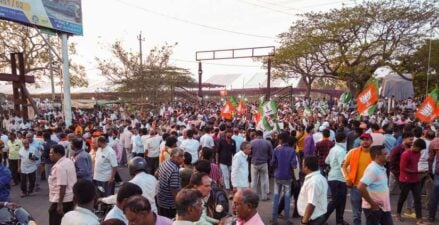There are hundreds of thousands of believers throughout sub-Saharan Africa who are not only persecuted for their decision to follow Jesus, but are now doubly vulnerable to the impact of a global pandemic.
Persecution in COVID-19
While the coronavirus pandemic has hit Asia, Europe and North America with full force, sub-Saharan Africa—home to 1.1 billion people—is only at the beginning of the crisis. By Tuesday, April 14, there were 9,100 reported cases, with a death toll of 195—a death rate of just over two percent of reported cases. There are likely many more cases, but reporting has lagged behind in many places that don’t have adequate healthcare networks or access to testing.
According to research, data indicates a direct correlation between the countries in sub-Saharan Africa that are most vulnerable to the virus and the countries where Christians face the most pressure for following Jesus. Specifically, four of the five most virus-vulnerable countries—the Democratic Republic of the Congo, Nigeria, Sudan and Cameroon—also count among the places in sub-Saharan Africa where life is hardest for Christians.
Though the 54 countries in sub-Saharan Africa are in their early days of the coronavirus pandemic, persecuted Christians like Yohannes are already feeling the effects. For Christians who are already persecuted, the pandemic gives way to even more ways believers can be discriminated against, exploited and attacked for their faith.
